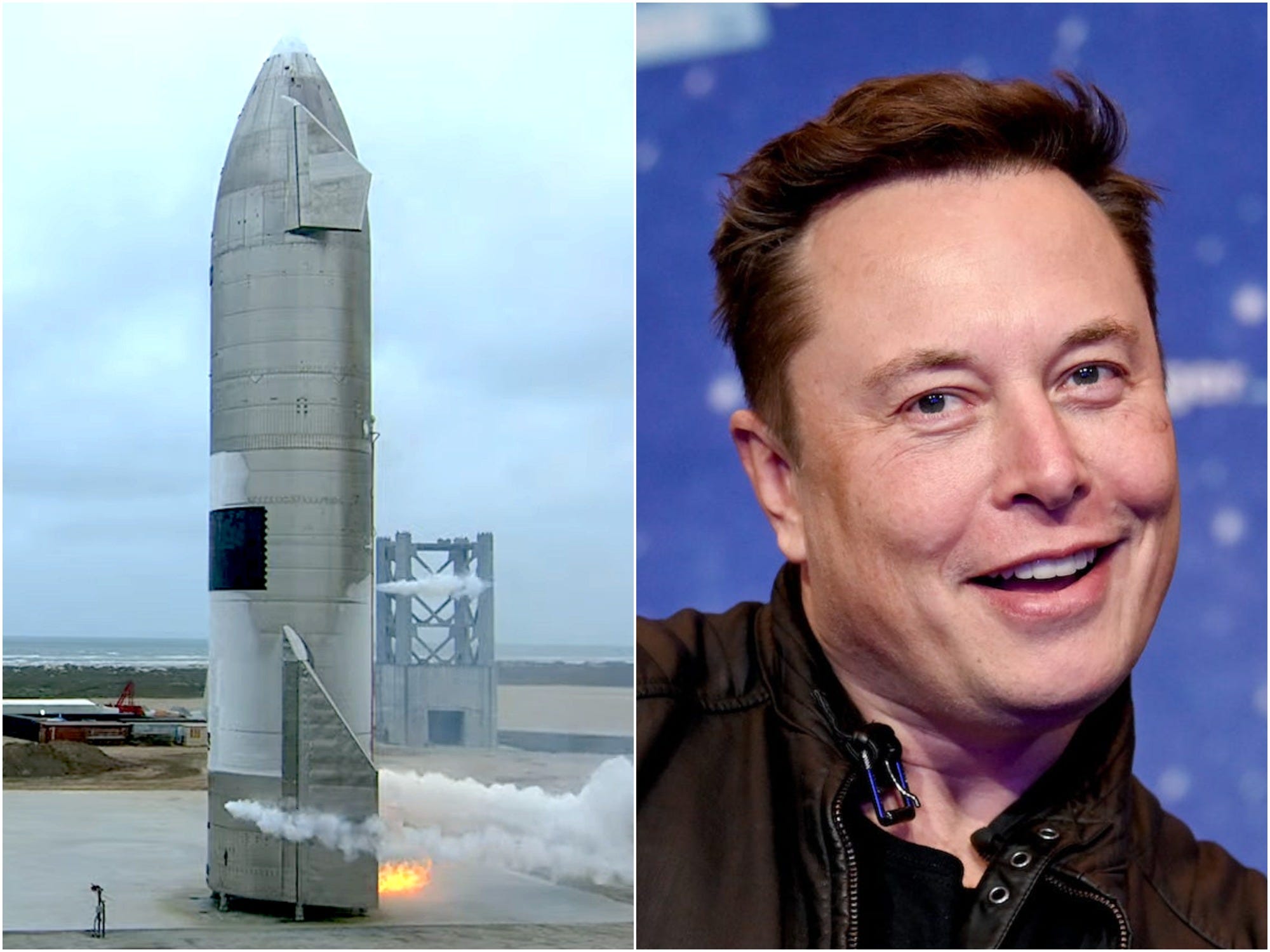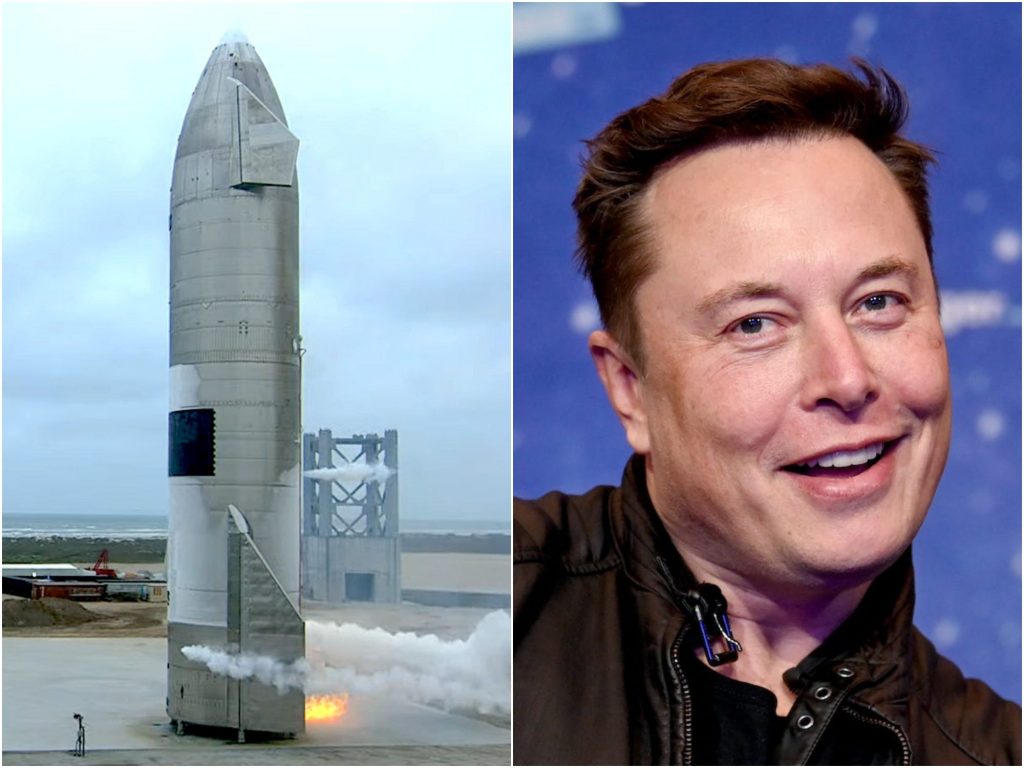
- NASA and SpaceX's plan to land humans on the moon faces "several years" of delay, the Office of the Inspector General said.
- SpaceX's Starship and NASA's spacesuits still need to be developed and tested, per the OIG's report.
- NASA has already delayed the moon-landing mission from 2024 to 2025.
NASA and SpaceX's moon landing will likely be delayed "several years" beyond 2024, according to a report by the space agency's watchdog.
Earlier this month, NASA pushed back the date to land humans on the moon in SpaceX's Starship spaceship from 2024 to 2025. According to the report by the Office of the Inspector General (OIG), which audits NASA programs, the launch could be further delayed.
"Given the time needed to develop and fully test the [landing system] and new spacesuits, we project NASA will exceed its current timetable for landing humans on the moon in late 2024 by several years," the report said.
The OIG report noted that SpaceX still needed to test its Starship spaceship in orbit, practice refueling it in orbit so it can reach the moon, and perform an uncrewed mission.
On top of this, the delivery of the astronauts' spacesuits had been pushed back, partly because of lack of funding, OIG's report said.
NASA's Artemis I and Artemis II missions, which help prepare for the final mission to the moon, Artemis III, could also be delayed because of "technical challenges" with the agency's own Space Launch System rocket and Orion spaceship, according to OIG's report.
NASA is expected to spend a total of $93 billion on the Artemis program between 2012 and 2025, the OIG's report said.
NASA didn't immediately respond to Insider's request for comment.
In April, NASA awarded SpaceX an exclusive $2.9 billion contract to land the first humans on the moon since 1972.
NASA only chose one company for the contract when it was expected to choose two. One of the other companies in contention, Jeff Bezos' Blue Origin, subsequently filed a lawsuit against NASA, claiming the space agency's decision to award a $2.9 billion contract to SpaceX was "unfair."
The OIG report said that Blue Origin's protests had caused delays to the agency's schedule.
When NASA announced in early November that it had pushed back its timeline for its return to the moon to 2025, Bill Nelson, the agency's administrator, partially blamed Blue Origin for the delay.

